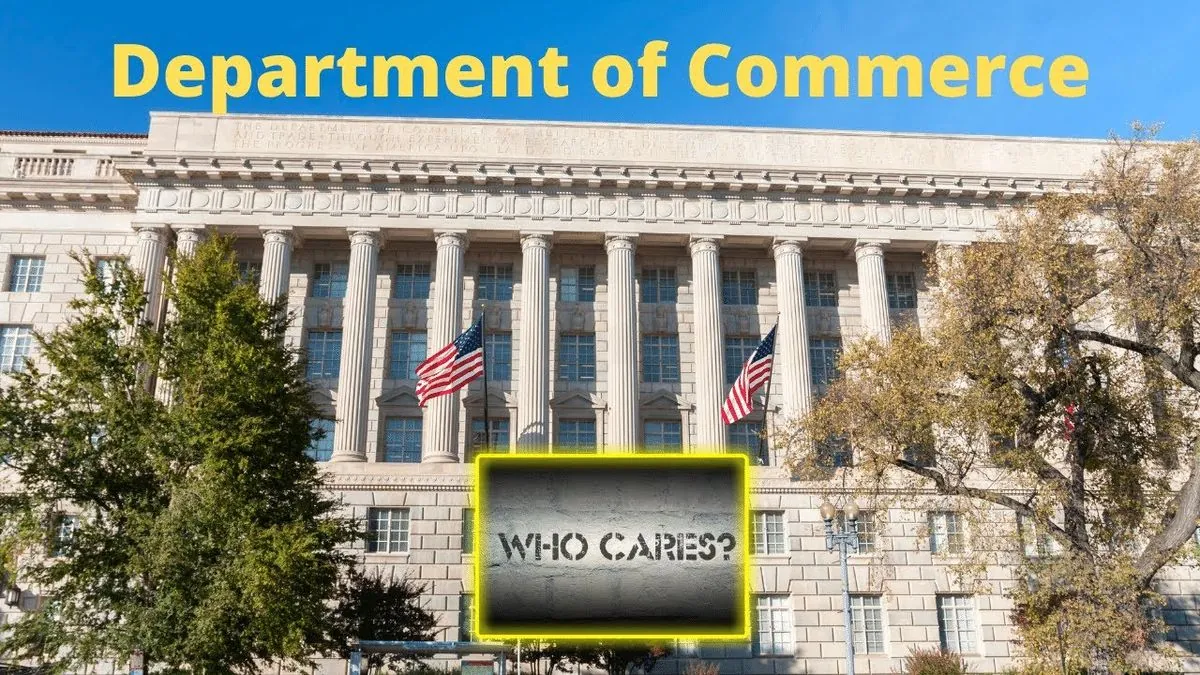U.S. Expands Export Control List, Targeting 123 Entities in Russia and China
The U.S. is adding 123 entities to its export control 'Entity List', including 63 in Russia and 42 in China. This move aims to restrict access to U.S. technology for companies potentially aiding Russia's war efforts or China's military advancements.

The United States is set to expand its export control measures, as reported by Reuters on August 23, 2024. The U.S. Department of Commerce's Bureau of Industry and Security is adding 123 entities to the 'Entity List', a crucial component of the U.S. export control system established in 1997.
Of the new additions, 63 are based in Russia and 42 in China, signaling a focused approach on these two nations. The Entity List, which currently includes over 1,000 entities from various countries, serves as a tool to restrict access to U.S. technology for companies and organizations deemed to be acting contrary to U.S. national security or foreign policy interests.
Inclusion on the Entity List necessitates U.S. suppliers to obtain a special license before exporting to the listed entities. This process is notably challenging, effectively limiting these organizations' access to American technology and components. The U.S. government frequently employs this strategy to impede suppliers contributing to Russia's military efforts in Ukraine and Chinese tech firms advancing Beijing's military capabilities.

The expansion of the list is expected to be officially published in the Federal Register on August 25, 2024. This update is part of the periodic revisions to the list, which can occur multiple times a year. The Entity List is distinct from other U.S. sanctions lists, such as the U.S. Treasury's Specially Designated Nationals List, focusing specifically on export controls.
While being on the Entity List doesn't completely prohibit all trade, it significantly restricts access to U.S. technology. Violations of these export controls can result in severe civil and criminal penalties, underscoring the seriousness of compliance.
"The Entity List is a powerful tool in our export control arsenal, designed to protect U.S. national security and foreign policy interests. These additions reflect our commitment to preventing the misuse of U.S. technology."
It's worth noting that entities can petition for removal from the list, although the process is rigorous. The effectiveness of the Entity List in achieving U.S. policy goals remains a topic of debate among experts in international trade and security.
This latest expansion of the Entity List continues a trend of increased use of export controls as a foreign policy tool. In recent years, the list has been used extensively to target Chinese tech companies, with notable additions such as Huawei and its affiliates in 2019.
As geopolitical tensions persist, the role of export controls in shaping international relations and technological competition is likely to remain significant. The impact of these measures on global supply chains and technological development will be closely watched by policymakers and industry leaders alike.


































